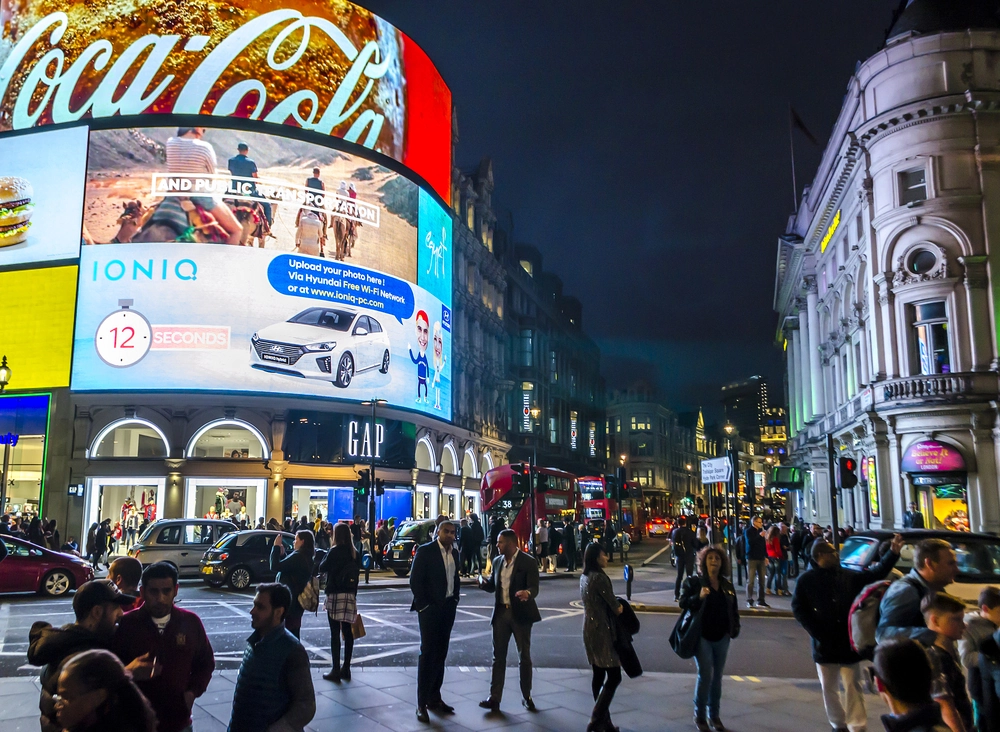
Does having a 5-star reputation provide broader trade mark rights?

In a recent case before the Intellectual Property Enterprise Court (IPEC), Claridge’s, the luxury London hotel, brought a claim against candle maker Claridge Candles and its owner and sole director for trade mark infringement and passing off. Claridge's Hotel is a well-known hotel in London which has traded under the brand CLARIDGE'S since 1889. Claridge Candles is a small company based in Kent, England which sold candles and reed diffusers since around September 2018 and planned to sell other goods.
The key issue was whether or not Claridge's Hotel could prevent the sale of CLARIDGE branded candles and other goods by Claridge Candles.
As is typical in this Court, the parties agreed a number of ways to streamline the procedure in order to save time and costs, which included agreeing that the success of the passing off claim would depend on the trade mark infringement claim under section 10(3) of the Trade Marks Act 1994 ("the Act") and that any finding of trade mark infringement under section 10(3) the Act for any good, would apply to all goods sold by the defendants. Such concessions would have saved a significant amount of time perhaps to ensure that the case was heard before the IPEC which is normally limited to no more than a 2 day trial.
Claridge's Hotel was successful in this claim and prevented Claridge Candles from using the CLARIDGE brand for candles and other goods.
Claridge's Hotel relied on UK trade mark no. 2397526 for CLARIDGE'S in classes 3, 5, 16, 35, 43 and 44 which covered goods such as toiletries, hair cleaning products, clothing, playthings, retail services, and hotel, restaurant, café and bar services to support a claim for trade mark infringement under section 10(2) and 10(3) of the Act. In short, these provisions provide the following rights:
- Section 10(2) provides that a trade mark proprietor can prevent a third party from using an identical or similar sign in relation to identical or similar goods and services to those protected by the trade mark where there exists a likelihood of confusion on the part of the public.
- Section 10(3) provides that a trade mark proprietor has the right to prevent third parties from using, in the course of trade, an identical or similar sign to the registered mark where the trade mark has a reputation in the UK, and where the use of the sign is without due cause and takes unfair advantage of, or is detrimental to, the distinctive character or repute of the trade mark.
Further, Claridge's Hotel brought a claim for passing off (namely that the relevant public would believe that the goods offered by Claridge Candle's originated from or are licensed by Claridge's Hotel).
In its defence, Claridge Candles sought to revoke some of Claridge's Hotels trade marks for non-use on the basis that they had not been used for five years or more. This was done to limit the scope of the hotel's claim under section 10(2) the Act. Following this, Claridge's Hotel did surrender a trade mark and partially surrender another.
The main points coming out of the judgment were as follows:
Section 10(3) of the Act
1. Claridge's Hotel claimed to have a reputation for CLARIDGES in relation to certain services such as retail services, hotel, restaurant, café and bar services and the provision of beauty treatments and therapies. The judge then considered the key issue: is the trade mark known "by a significant part of the public concerned by the products or services covered by the trade mark".
2. After considering the evidence, the Court was "entirely satisfied that the mark CLARIDGE'S has a very substantial reputation in the UK when used in relation to hotel services". In fact, the Second Defendant in her cross examination agreed that "most people in the UK are aware of Claridge's" and that it is a hotel in London.
3. On the evidence, the Court said that, "the mark has an image of luxury, glamour, elegance and exclusivity as a result of the nature and extent of the Claimant's use". Whilst there was a question mark over whether or not the reputation extended to the other services, the judge was willing to assume that there was a reputation for such services for the purpose of this decision.
4. In deciding if there was an infringement under section 10(3) of the Act, the Court focused on:
i) did Claridge Candles' use give rise to a link between their sign and Claridge's mark in the mind of the average consumer; and
ii) did Claridge Candles' use give rise to one of three types of injury being (a) dilution; (b) tarnishing; or (c) unfair advantage.
5. The judge reviewed the case law and highlighted that they emphasise that the higher the reputation of the earlier mark, the easier it may be to establish unfair advantage.
6. The Court was satisfied that there was a link between Claridge Candles' use of CLARIDGE and the Claridge's Hotel mark in the mind of the average consumer because: (a) the mark and sign are visually and aurally almost identical; (b) the defendant admitted to producing premium products which would appeal to the same customers as Claridge's Hotel; (c) Claridge's Hotel has a "very substantial reputation"; and (d) there was a risk of confusion between the mark and sign.
7. The judge considered unfair advantage and concluded:
"I consider that notwithstanding the Defendants’ own intentions and views, the effect of their use of the CLARIDGE mark will have been to cause a transfer of image from the Claimant’s mark to the Defendants’ sign in the mind of the average consumer. In particular the Defendants’ sign does not merely take advantage of the fact that the Claimants’ mark is so well known in relation to hotel services, but also takes advantage of its reputation for luxury, glamour, elegance, and exclusivity. I have no doubt that the Defendants’ use of this sign does in fact enable them to charge higher prices for their products, and/or enables them to sell more of their products to consumers. As such it has an effect on the economic behaviour of their customers. This is not merely a commercial advantage but an unfair one."
8. There was not sufficient evidence to prove damage due to tarnishing or dilution.
9. Therefore, Claridge Candles' use of CLARIDGE was found to infringe Claridge's mark pursuant to section 10(3) of the Act and since this was an 'all or nothing case' (because the parties sought to streamline the case) this applied to all of Claridge Candles' products.
Section 10(2) of the Act
10. This claim fell away because the relevant trade marks owned by Claridge's Hotel were revoked for certain goods as described below.
Passing off
11. The parties agreed that this claim would succeed if the section 10(3) of the Act claim succeeded. So, the Court found passing off.
Claridge Candle's Counterclaim
12. The judge considered the evidence and concluded by way of example:
(i) There was no use in relation to toiletries because it was the wrong type of use as it didn’t create or preserve an outlet for the goods or services that bear the mark. They were merely being put in a hotel room and may have helped to market hotel services.
(ii) There was use in relation to books but not magazines for the same reasoning as in point (i) above.
(iii) There was use in relation to the retail of food and non-alcoholic drinks as there was an online gift shop offering such goods and there was a retail outlet in the hotel leading up to Christmas.
(iv) There was sufficient use in relation to other services such the provision of beauty treatments and therapies and hotel services, café and bar services.
13. As a result, the Court narrowed down the specification and Claridge's Hotel lost their mark in relation to a wide range of goods and services. So, it was partially revoked.
14. Overall, both the defendants lost the case and during the course of the action Claridge's Hotel had a number of their trade mark registrations revoked.
This case illustrates that well-known brands enjoy a wider scope of protection especially in relation to goods or services which are different to the core products or services marketed under the relevant brand. It also highlights that the Intellectual Property Enterprise Court is a good forum to hear such disputes (they heard this case in 2 days) as the procedure is streamlined and encourages the parties to limit their arguments, thereby saving costs.
For more information contact Natalie Chant on [email protected] / +44 1392 685 219 or Paul Cox on [email protected] / +44 2380 172 212.










